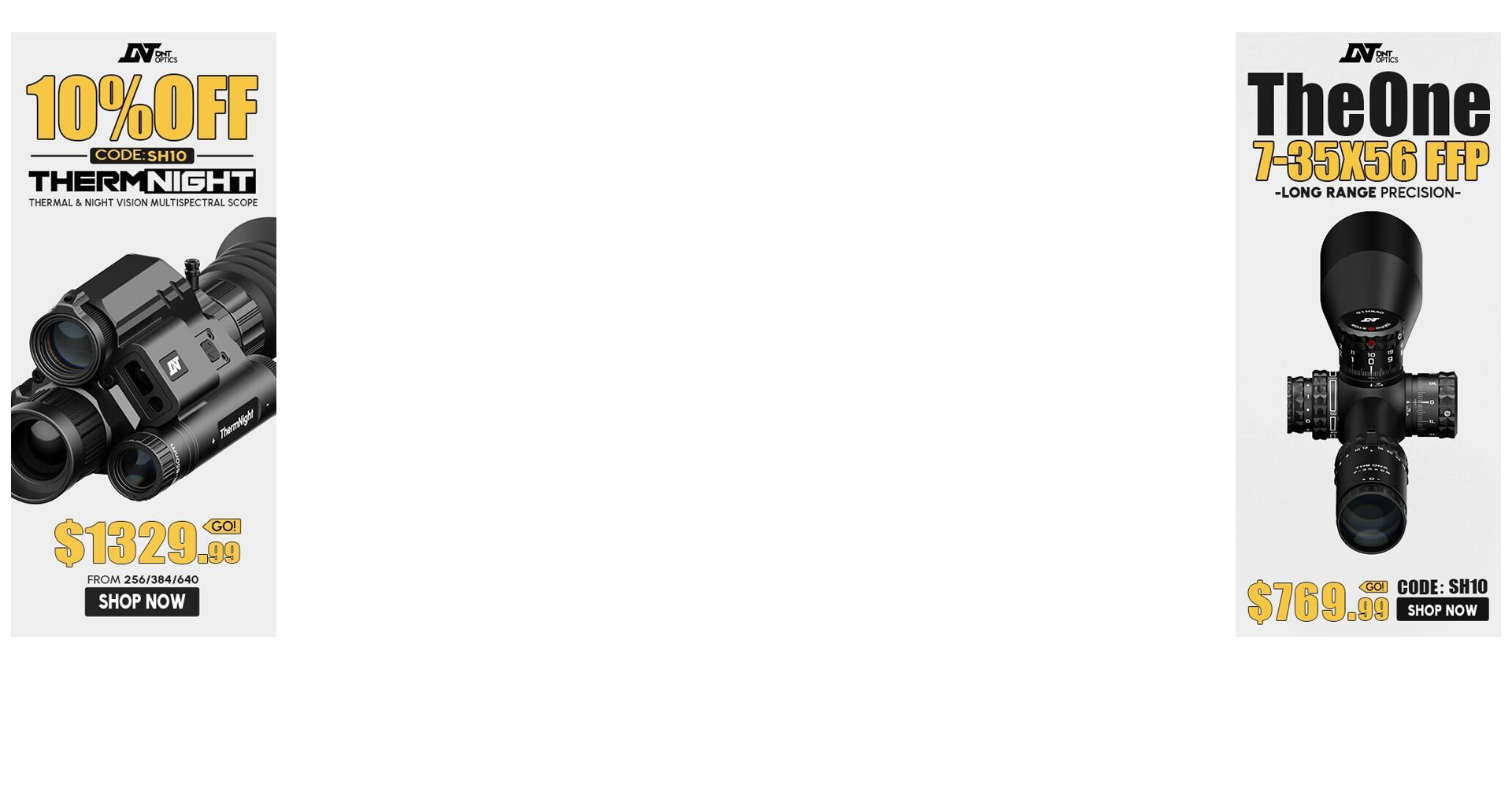I will admit, I'm no Olympian, but for the last 2 years I have been improving my fitness. I've modelled my fitness regime lightly off of the Ranger Physical Fitness Test. I can run the 2 mile in 13:30, still working on the rest. I'm 5'11'' and I have shed 20lbs from 195 to 175. I still have some fat to burn but I am a bit baffled by my fatigue in the heat. I did the 24hr Sniper Challenge in Utah last year. I hydrated a lot throughout the event, of course, but I still had bad hydration/nutrition issues near the end. It taught me a big lesson and I have been keenly aware of the value of hydration and nutrition ever since.
My endurance in the heat has gotten mildly better since Utah, but it is still nowhere near where I'd like to be. If I were to imagine operating in Iraq in full kit, I'm fairly sure I'd succumb to the heat, but I'd like to be in the condition to do so.
Those of you that have had, and do operate in hot climates, would you please share your tips on the nutrition and fitness success you've had to perform better?
My endurance in the heat has gotten mildly better since Utah, but it is still nowhere near where I'd like to be. If I were to imagine operating in Iraq in full kit, I'm fairly sure I'd succumb to the heat, but I'd like to be in the condition to do so.
Those of you that have had, and do operate in hot climates, would you please share your tips on the nutrition and fitness success you've had to perform better?

